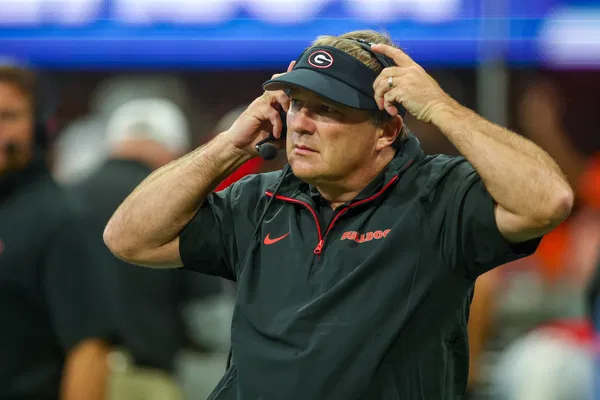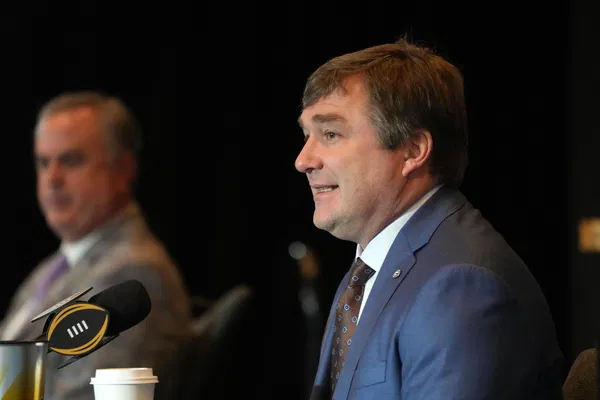
Is NIL Helping or Hurting College Football?
In today’s evolving college football scene, Name, Image, and Likeness (NIL) deals are dominating recruitment conversations. It’s no longer just about wins and championships—it’s about which programs offer the biggest financial packages. The rise of the transfer portal has added to the challenge, giving players more freedom to move around for better opportunities. While earning money isn’t wrong, many—including Georgia coach Kirby Smart—are concerned about the long-term stability and integrity of the sport. Interestingly, Urban Meyer shares Smart’s concerns.
NIL is now a powerful recruiting tool, with high-profile examples like Bryce Underwood reportedly leaving LSU for Michigan in a $10.5 million deal, and Carson Beck transferring from Georgia to Miami with a $4 million incentive. These moves are shaking up college football. And now, with the House v. NCAA settlement approaching, schools may soon be allowed to pay athletes directly—starting July 1—with a projected $20.5 million per school being allocated, mostly to football and basketball players. On top of that, nearly 390,000 former athletes are expected to receive back-pay totaling $2.8 billion.
Smart supports athletes being paid, but he’s troubled by agents who might be illegally contacting players before they officially enter the transfer portal. He emphasized the importance of recruiting players who love football more than money, noting some agents are already pitching deals through Zoom calls before players are even eligible to move.
Urban Meyer echoed these concerns in a podcast, pointing out that some agents—borrowed from the NFL world—don’t always operate ethically. He made it clear that agents’ only priority is maximizing their client’s value, not preserving the integrity of college sports.
Although the new NCAA settlement might sound fair on the surface, it’s also prompting schools to cut rosters. Nearly 5,000 student-athletes could lose spots, and football rosters might shrink to just 105 players. This raises concerns about whether the current model truly supports all athletes or just the high-value ones.
Kirby Smart warned that this NIL-driven era might undermine competitive balance in college football. He believes schools may try to manipulate financial caps, and questions whether players actually benefit long-term from this system.
Georgia’s Bigger Worry: A Roster Exodus

Beyond NIL, Smart is also dealing with major roster changes at Georgia. The team lost quarterback Carson Beck to Miami and several players to the NFL, including stars like Mykel Williams, Malaki Starks, and Trevor Etienne. This massive departure could impact Georgia’s dominance.
Analyst Patrick Weider noted that while Georgia usually reloads well, they might take a step back defensively. With a tough schedule ahead—featuring Tennessee, Auburn, Florida, and a strong Texas squad led by Arch Manning—the season won’t be easy.
Weider laid out two possible paths for Georgia: if new QB Gunner Stockton performs well, they could win 10 or 11 games. But if he struggles, a 9-3 finish is more likely. Either way, Georgia will be tested.
Despite the challenges, Weider praised Smart’s coaching and leadership, saying he’ll get the best out of his team. Even with the turbulence, Georgia remains a contender.